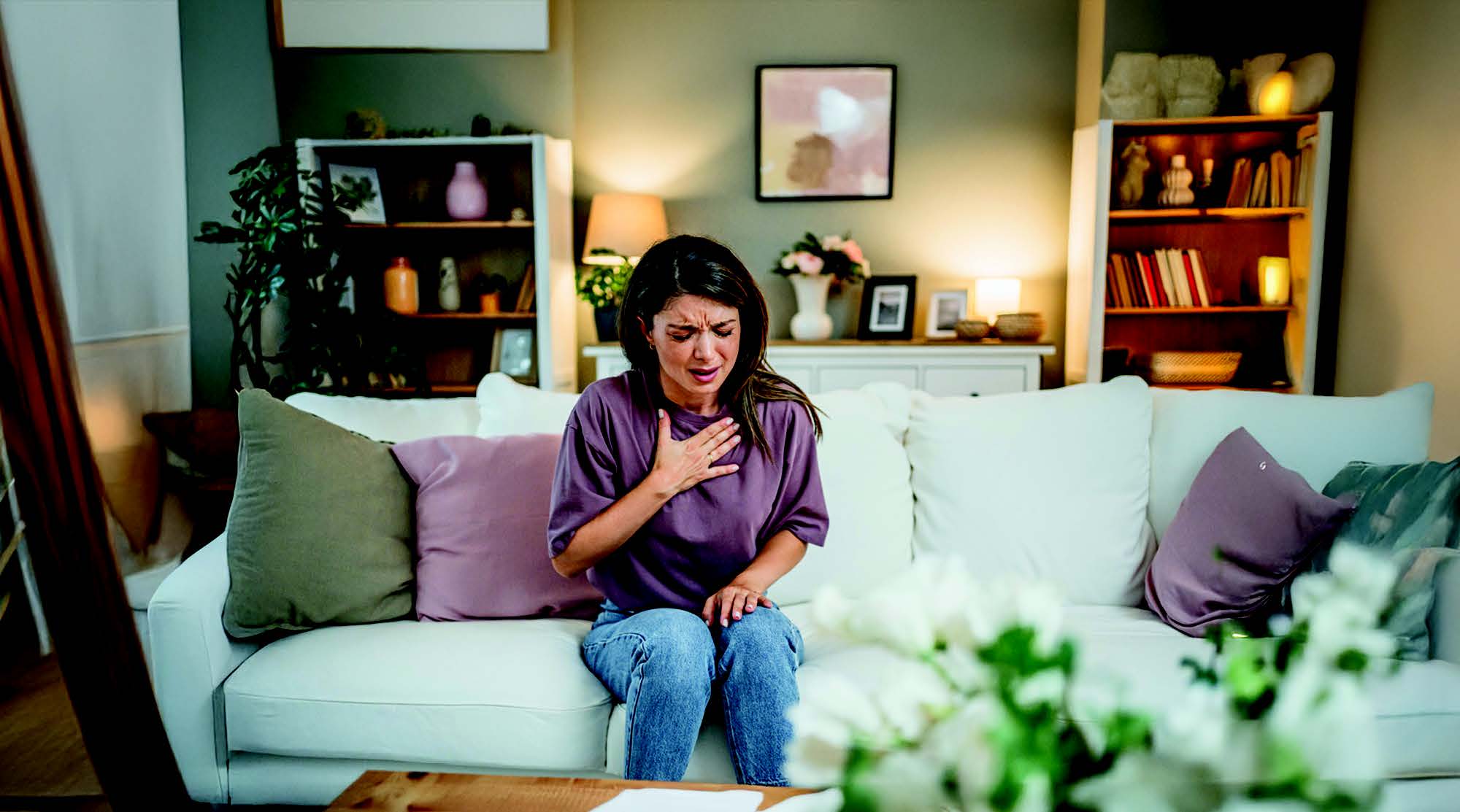
[This piece was written by Dorothy M. Urschel, MS, ACNP-C, MBA, NEA-BC, vice president of the Cardiac and Vascular Service Line for St. Peter’s Health Partners.]
Did you know heart attacks have “beginnings?” These initial bouts of chest pain occur in more than 50 percent of persons who suffer a heart attack. When chest pain strikes, would you know what to do and where to go?
Chest pain can occur from a number of causes including heartburn, muscle strain, a sports injury, or asthma. When in doubt, assume the pain is related to your heart until proven otherwise, especially if you are experiencing pain that you have never felt before.
Chest Pain Signs
- Pain, pressure or squeezing in the center of the chest that lasts for more than a few minutes, or goes away and comes back.
- Radiating pain or discomfort in other areas of the upper body including one or both arms, back, neck, jaw or stomach.
- Shortness of breath or difficulty breathing.
- Breaking out in a sweat, combined with nausea/vomiting or severe indigestion with transient weakness.
- Unusual fatigue or sleeplessness.
- Pounding heartbeat, light-headedness or dizziness.
- Sensation of panic with a feeling of impending doom.
- Chronic or severe indigestion without burping, belching, heartburn, nausea or sour taste in the mouth.
What to Do in an Emergency
- Don’t Drive. Call 9-1-1. Tell the dispatcher where you are and that someone is having a heart attack. Don’t hang up until you’re told to do so.
- While waiting for emergency help to arrive, have the victim assume a relaxed sitting position (with legs up and bent at the knees to ease strain on the heart).
- Loosen tight clothing around the neck and waist. Be calm and reassure the victim medical help is on the way.
- If the victim is conscious, give them an adult aspirin with water.
Reducing Your Risk for the Future
The demands of life and work can make it hard to live a healthy lifestyle. Keep your blood pressure, diabetes and cholesterol levels under control. Your doctor can help you set realistic goals to eat better, exercise and maintain a healthy weight.
If you’ve already had a heart attack, you are at greater risk of suffering a second heart attack. Ask your doctor if you might benefit from a cardiac or pulmonary rehabilitation program that includes exercise and diet plans, along with education and support groups, to help lower your risk of heart disease.
St. Peter’s Health Partners has four accredited Chest Pain Centers – Samaritan and St. Mary’s hospitals in Troy, and Albany Memorial and St. Peter’s hospitals in Albany – where patients receive expert diagnosis, management and treatment of chest pain, heart attack and other cardiac conditions. St. Mary’s and Albany Memorial have robust emergency rooms to manage patients with chest pain, and are referring centers to the high-tech cardiac catheterization labs at St. Peter’s and Samaritan hospitals.
For more information, visit http://www.sphp.com/chest-pain.





